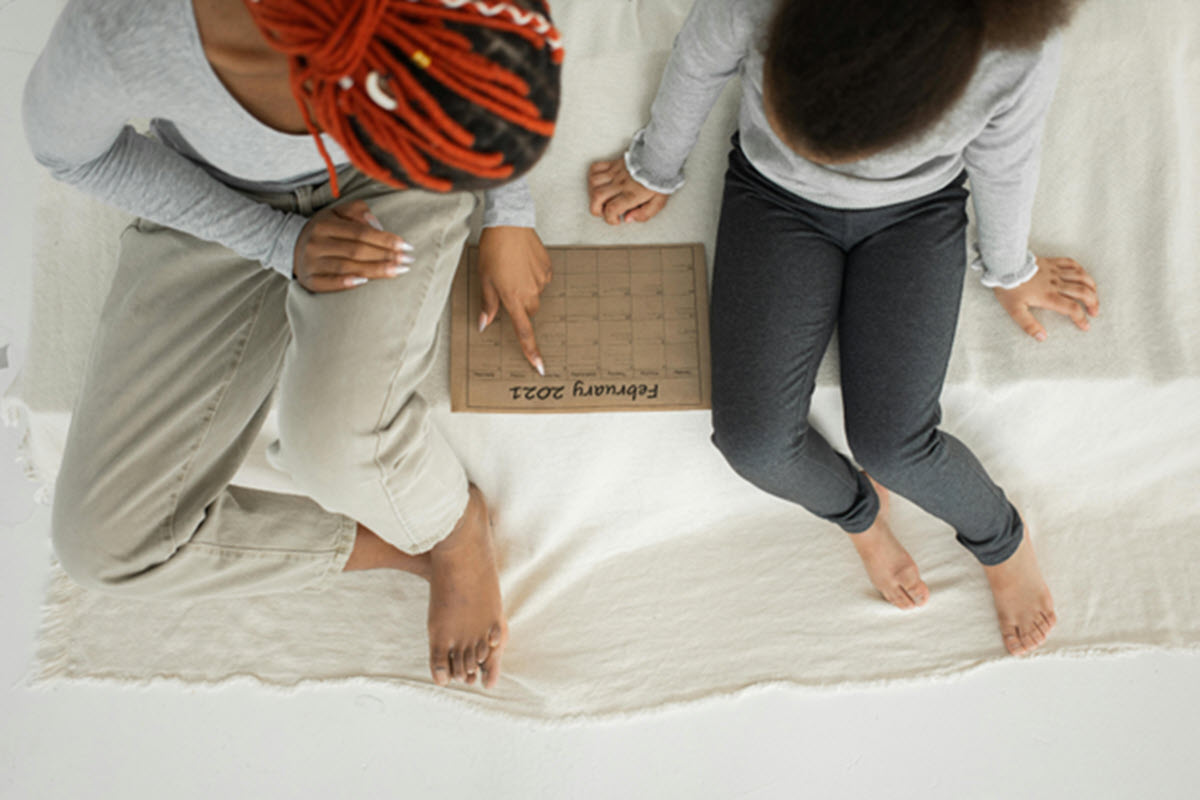Divorce can be an emotional and stressful time, especially when children are involved. One of the most important outcomes of the divorce process is creating a clear and sustainable parenting plan that works for both parents and prioritizes the well-being of the children. While litigation in the courtroom can be contentious, expensive, and time-consuming, mediation offers a more collaborative, flexible, and effective approach to crafting a parenting plan that serves everyone’s best interests.
Here’s why mediation is the best option for creating a parenting plan:
1. Focused on Cooperation, Not Conflict
Divorce often brings out strong emotions, and these feelings can lead to heightened conflict. Traditional litigation can escalate this tension, making it harder to agree on important matters like child custody and visitation. Mediation, on the other hand, is designed to encourage cooperation. In mediation, both parents work together with a neutral third-party mediator to find common ground and create a parenting plan that reflects their unique family dynamic. This cooperative approach helps reduce conflict and makes it more likely that both parents will be satisfied with the final agreement.
2. Customized Solutions for Your Family
Every family is different, and a one-size-fits-all approach doesn’t work when it comes to parenting plans. Mediation gives parents the flexibility to create a plan that works for their specific circumstances. You can customize the parenting schedule, decision-making responsibilities, and other important aspects of co-parenting to fit your children’s needs and your family’s lifestyle. Whether it’s how holidays are shared, the school year schedule, or handling extracurricular activities, mediation allows you to tailor the plan to your family’s unique situation rather than relying on a generic court-ordered schedule.
3. Better Communication Between Parents
Successful co-parenting relies on good communication. In mediation, both parents have the opportunity to express their concerns and preferences in a controlled environment. The mediator helps facilitate productive conversations and helps both parties listen to each other, even when emotions run high. This improved communication not only helps create a parenting plan that works but also sets a positive foundation for co-parenting moving forward. Parents who have gone through mediation often find that they can work together more effectively after the process is complete.
4. Cost-Effective and Time-Saving
Court battles can be long, expensive, and exhausting. Mediation, on the other hand, is generally more affordable and faster. Most mediation sessions take only a few hours, and in many cases, the entire process can be completed in just a few sessions. By resolving your parenting plan outside of court, you save money on attorney fees, court costs, and other related expenses. Additionally, a quicker resolution means less emotional strain and uncertainty for both parents and children.
5. Focus on the Children’s Best Interests
In mediation, the focus is always on finding the best solutions for the children involved. As mediators we are trained to help parents think about what is truly best for the kids, encouraging decisions that promote their emotional and physical well-being. Parents are empowered to make decisions in the best interests of their children rather than being told what to do by a judge who may not be as familiar with the family’s needs. By being active participants in creating the parenting plan, parents are more likely to develop a plan that is sustainable and supportive for their children.
6. A Future-Oriented Approach
Mediation fosters a forward-thinking mindset. Instead of focusing on past conflicts, the goal is to create a cooperative parenting framework that will work long-term. Parents are encouraged to think about their future relationship as co-parents and how to manage any challenges that may arise. By considering the long-term needs of their children and how to navigate changing circumstances—such as school transitions, vacations, or teenage years—parents can create a more flexible, adaptable plan.
7. Confidential and Private Process
Unlike courtroom hearings, where the details of your divorce and parenting arrangements are publicly recorded, mediation is a private process. Everything discussed during mediation stays confidential, which can help reduce the sense of vulnerability and protect sensitive family matters. Parents can speak openly and honestly with the mediator without worrying about their conversations becoming public records.
8. Higher Rates of Compliance and Satisfaction
Parents who create a parenting plan through mediation are more likely to stick to it. Since both parents are actively involved in the decision-making process, they feel more ownership and responsibility toward the plan. As a result, mediation tends to lead to higher levels of satisfaction and cooperation in the long term. This not only benefits the parents but also creates a more stable and consistent environment for the children.
Conclusion: Mediation Sets the Foundation for a Healthier Co-Parenting Relationship
A well-thought-out parenting plan is essential for both parents and children after divorce, and mediation is the best way to ensure that the plan reflects the needs of everyone involved. By fostering collaboration, reducing conflict, and prioritizing the best interests of the children, mediation helps parents create a plan that is fair, flexible, and sustainable. If you’re navigating divorce and need to develop a parenting plan, consider mediation as a way to move forward with confidence and cooperation, creating a positive foundation for your future as co-parents.
At Sound Resolution, we help parents create thoughtful, realistic, and child-centered parenting plans that help ensure a smoother transition into post-divorce life. Contact us today to learn more about how mediation can benefit you and your family.

